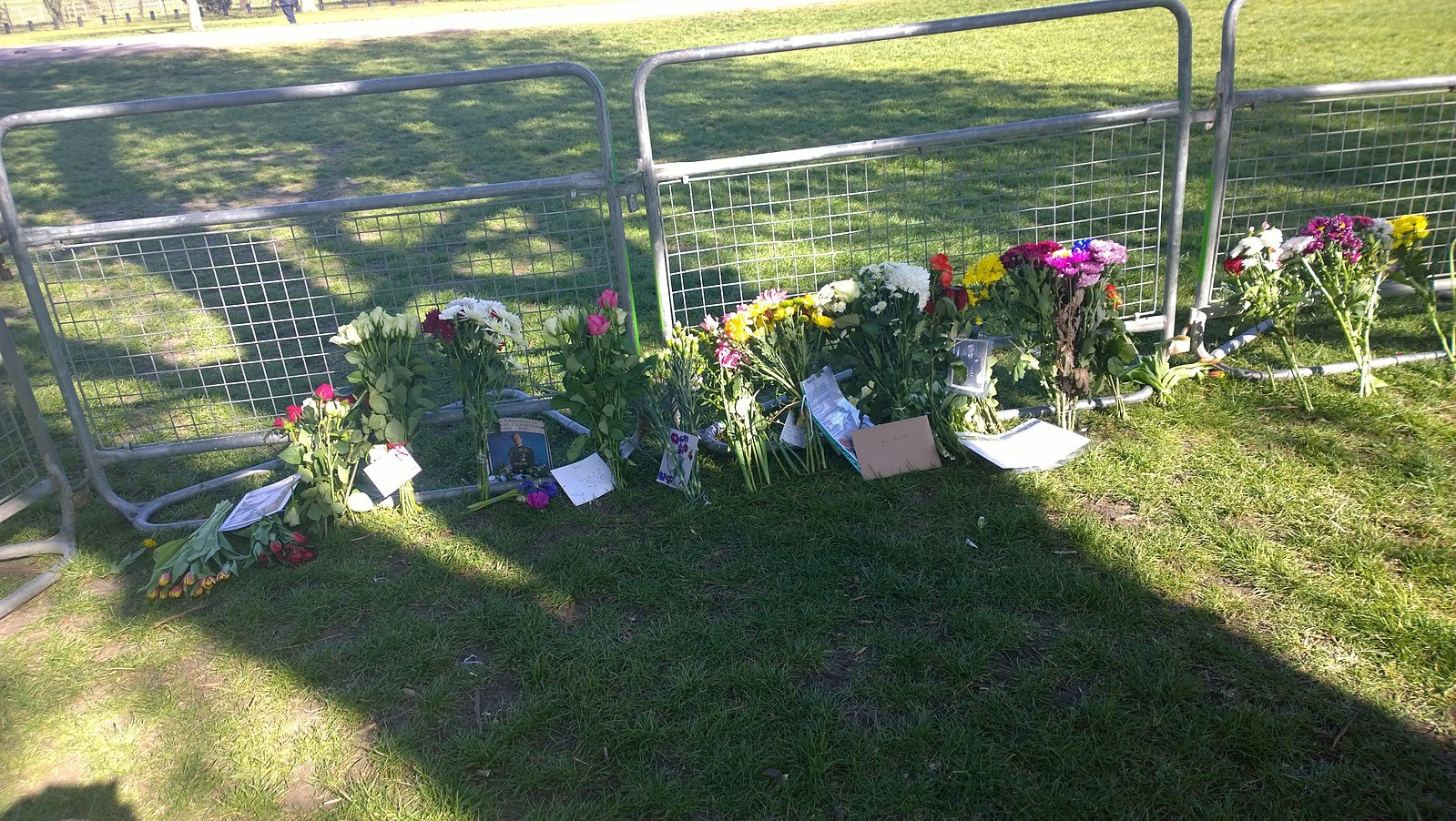
The death of the Duke of Edinburgh was the end of an era. But not just as British royal history. There was the strange disproportion of hundreds of military personnel taking part in rituals outside the chapel of Windsor Castle, while only 30 masked mourners sat inside – in compliance with the rules for the Covid-19 pandemic. No one could be unmoved at the sight of the Queen, sitting entirely alone in front of the coffin of her husband of more than 70 years.
But it was also a moment of great unease for hundreds of thousands, if not millions, of British viewers: a rare globally televised acknowledgement of the huge blanket of death that the pandemic has cast over this nation.
As far back as June 2020, Humanists UK had organised an online memorial ceremony, recognising the need for shared remembrance of thousands of sudden deaths. But this was a rare occasion. A friend told me how he and his family had sat separately in cars, at a suitable distance from the grave of their own mother as the coffin was interred.
In February this year, I chaired an online Zoom forum about grief, featuring panellists who had all experienced the trauma of bereavement, not just from Covid. It had been organised by Catherine Mayer, whose memoir Good Grief dealt with the aftermath of losing her husband Andy Gill. He died soon after his band Gang of Four returned from touring China in late 2019; her book investigates the possibility that he contracted Covid-19 there. Her mother had lost her partner too, only weeks earlier.
Another panellist, Nazir Afzal, the former chief prosecutor of the north west of England, had lost both his brother to Covid and his mother (not to Covid) within weeks of each other. He tweeted in April 2020: “My 91 yr old mum, herself attached to an oxygen tank, asked to see her first born son’s face one last time through the window as he lay in a body bag. The zip was opened to allow this.”
Afzal had channelled his professional instinct for justice into gathering fresh evidence and pushing for a full police investigation into Dominic Cummings’s controversial cross-country trip to and around County Durham near the very start of the March 2020 lockdown.
More than a thousand people took part in the forum. On the sidebar chat I was struck by how I was
witnessing a mass rally of citizens, sharing their grief and their anger. Many were furious at the way people sought explanations for why their loved ones “deserved” to die – were they overweight? Or old? Or did they have any underlying conditions?
Others described the trauma of seeing intensive care unit (ICU) wards on the news: “I didn’t get to see my mum in ICU,” said one, “but imagining her there triggers me every time I see ICU footage on telly. Can’t handle it.” Another described “terrible nightmares” ever since saying goodbye to their grandfather in the ICU.
Imagine if all those funerals had taken place. There would have been hundreds of thousands of people on the march through our streets every week, like a mass demonstration. Instead, the grief and the issues of how far it could have been avoided were hidden.
The scale of the media coverage of Prince Phillip’s death has triggered a new round of powerful emotions for the bereaved on chat forums. Mayer noted that the blanket coverage gave “the sense of some lives mattering much more than others. Especially the narrative around older people, who were treated like they don’t matter or had ‘do not resuscitate’ notices put on them without the consent of family.”
The gradual lifting of restrictions brings its own new anger, she said: “A lot of what is happening to them is still not visible to other people. What people were most upset about was the rush back to what passes for normality. When you see people out in the sunshine immediately abandoning any social distancing, you see over and over again how unbearable they find it. We’ve all got these gaping holes in lives that won’t be rebuilt.”
The memorial wall of painted red hearts – one for every victim with Covid-19 on their death certificate – which has appeared by St Thomas’ Hospital, on the banks of the Thames in London, was the intentionally grassroots initiative of the Covid-19 Bereaved Families For Justice group.
It’s one of the very few places where you get a visual sense of the loss. There are hopes that it will be made into a permanent memorial. From across the river in Westminster, where politicians sit, it looks like a solid sea of colour. What might be the untapped power of all this grief?
This article is from the New Humanist summer 2021 edition. Subscribe today.

